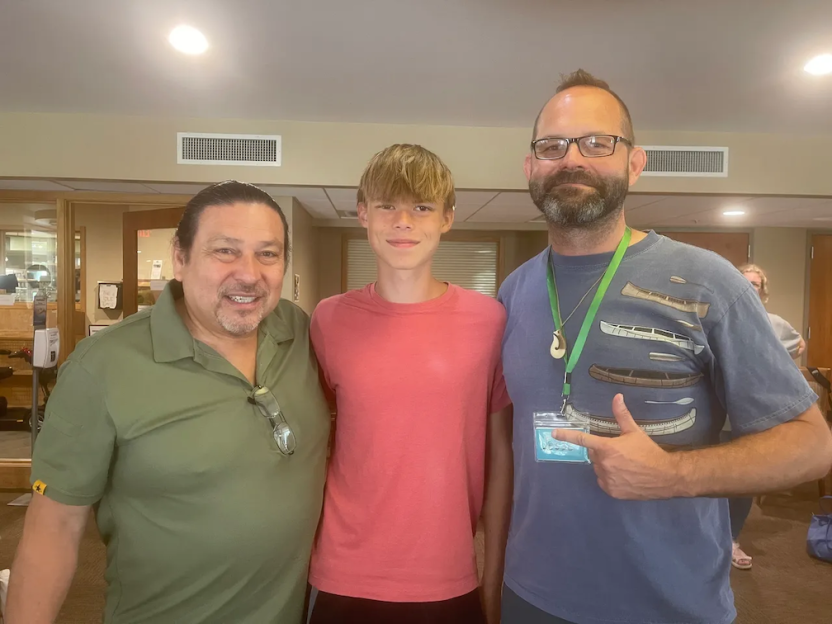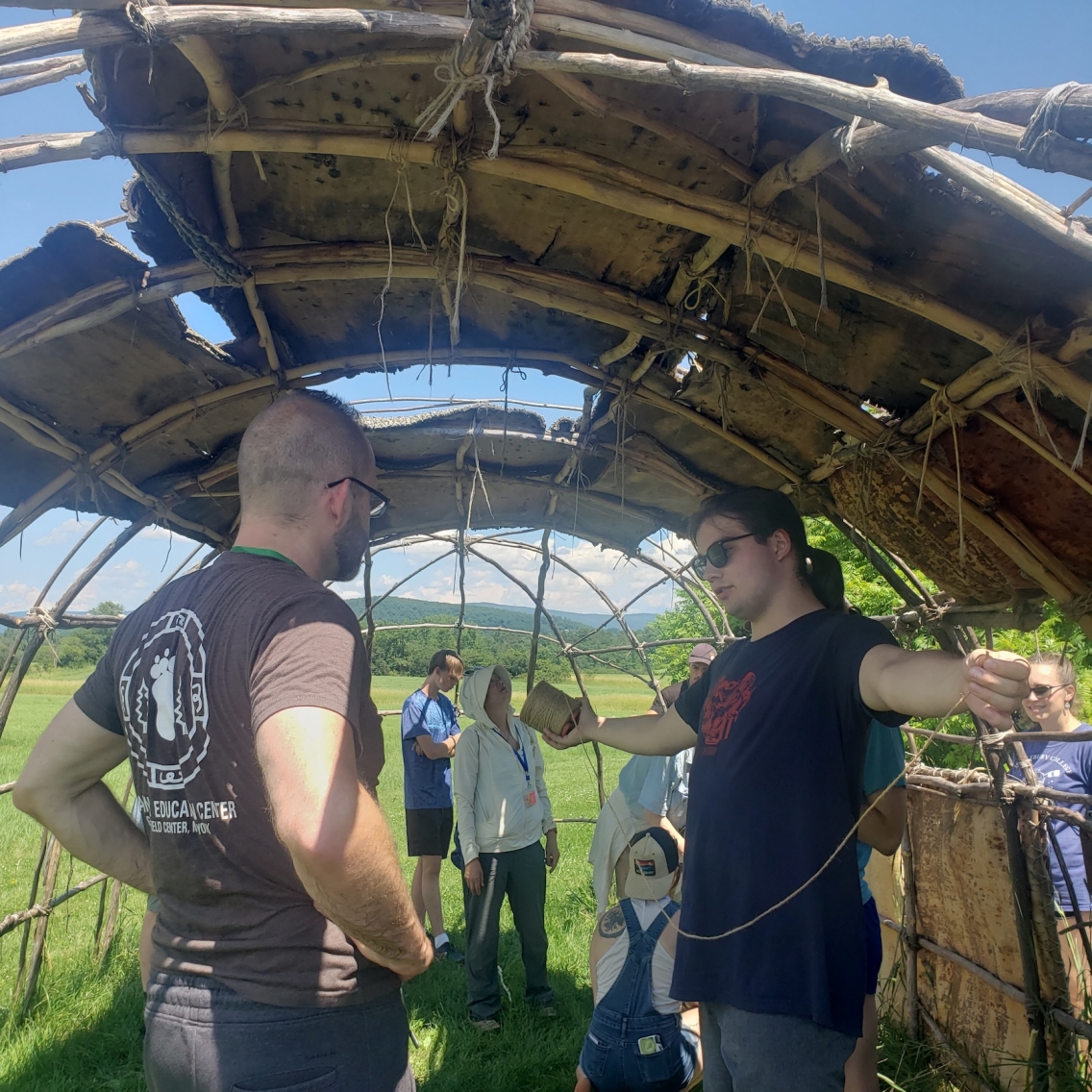Memory Strategies for Language Reclamation: School of Abenaki | Middlebury Language Schools
| by Jesse Bowman Bruchac, Director, and School of Abenaki

What is Language Reclamation?
Language reclamation is a community effort to revive and promote a language that has been suppressed or endangered.
Introduction
Previously, I explored the challenge of teaching while still learning—a space where none of us will ever have all the answers.
The expectation to know everything, whether it comes from our students or from within ourselves, can create unnecessary stress and anxiety. In this post, I want to shift focus to the crucial skill of remembering what we are learning and teaching.
Why Memory is Essential for Language Reclamation
Memory is a foundational tool in language reclamation work, where we must hold onto vocabulary, grammar, history, and cultural awareness—all while sharing this knowledge with our families and tribal communities.
The weight of this responsibility can be overwhelming, but understanding how memory works can help us develop strategies to learn and teach with greater confidence and less worry.
At its core, memory is shaped by the brain’s function as a predictive system, continuously drawing on past experiences to anticipate future events. This principle also applies to conversation, where much of what we hear and understand is influenced by our expectations. The more linguistic and situational memories we have, the more accurate our predictions become, making subtle nuances in conversation easier to recognize and comprehend.
When we share what we’ve learned with others—whether teaching a relative or presenting in a community setting—we engage in a process that strengthens not only our memory but also our collective speech community. Teaching becomes a form of essential interval training, deepening our own understanding while helping others grow.
Four Key Memory Strategies for Language Reclamation
Repetition
Replace anxiety with determination. Frequent practice and reinforcement help secure knowledge in our minds.
Association
Use relational approaches to connect new information with what we already know, making it easier to retrieve later.
Novelty
Engage with opposites or fresh perspectives to keep learning dynamic and memorable.
Emotional Resonance
Ground your learning in real, meaningful experiences—this enhances retention and creates stronger connections.
How Teaching Strengthens Memory & Language Reclamation
By incorporating these modalities, we can improve our ability to hold onto the vast amount of lexical and cultural material essential to language reclamation. We can become both more effective learners and more confident teachers, ensuring that our journey of rediscovery is shared and sustained within our communities.
Learning and teaching are inseparable in this work, and by embracing these strategies, we reduce the stress of “not knowing” while empowering ourselves to move forward together.

Join the School of Abenaki to learn more about Language Reclamation
Join the School of Abenaki in Summer 2025! The dates of the 2-week program are June 27 to July 11.
